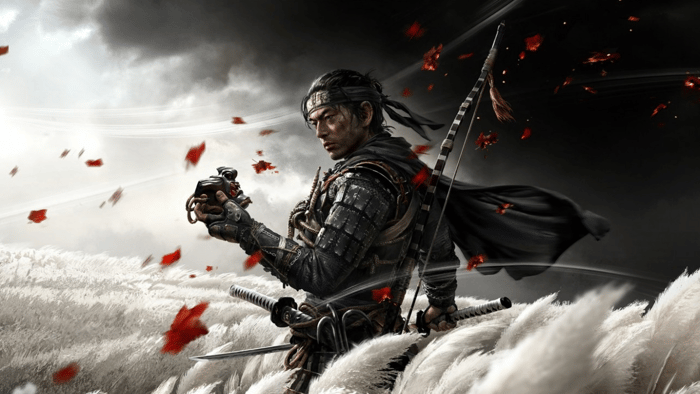Analyzing War: Introduction (Part 1)
This post introduces a series on analyzing war strategy games using military theory, philosophy, and real world examples.

“Everything in war is simple, but the simplest thing is difficult.” - Carl von Clausewitz, On War
In strategy war games, designers have to do the impossible: shrink a conflict (or series of conflicts) down to a manageable size for the gamer while retaining the illusion of complexity. Unlike a first or third person shooter, the player is in charge of managing the army or armies of a side by direct (real-time strategy) or in-direct (turn-based and most 4X-type) control.
While this series will not cover the history of strategy games (Richard Moss has an excellent write-up at Ars Technica), we will instead analyze how effectively strategy games mimic actual human conflict, through the use of military theory, philosophy, and real world examples.
Carl von Clausewitz, Prussian military general and author of the seminal war textbook On War, defines war as “the continuation of politics by other means.” It is rare in strategy war games for the player to be given direct control over a robust political system, although it is often present in a watered down format.
The Hearts of Iron series by Paradox Interactive allows the player a say in the politics of their country and diplomacy with others by the use of political points that can be used to purchase government staff or sway favor or disfavor between nations. Civilization uses special buildings and technologies to further the player down the “diplomacy” victory path. Neither of these games offer complex political systems analogous to their military ones.
Strategy game developers usually focus their development on designing a system that offers more control over the war effort in the game rather than other elements. Whether turn-based, like Civilization and Galactic Civilizations, or real-time, like Age of Empires and Company of Heroes, or a mix of both, like the Total War series, designers present players with various systems to make digital war.
In the next post, we’ll cover Clausewitz’s “wonderful trinity” of warfare and how well strategy wars games have integrated his analysis of the building blocks of conflict into their systems.
About the Author(s)
You May Also Like













